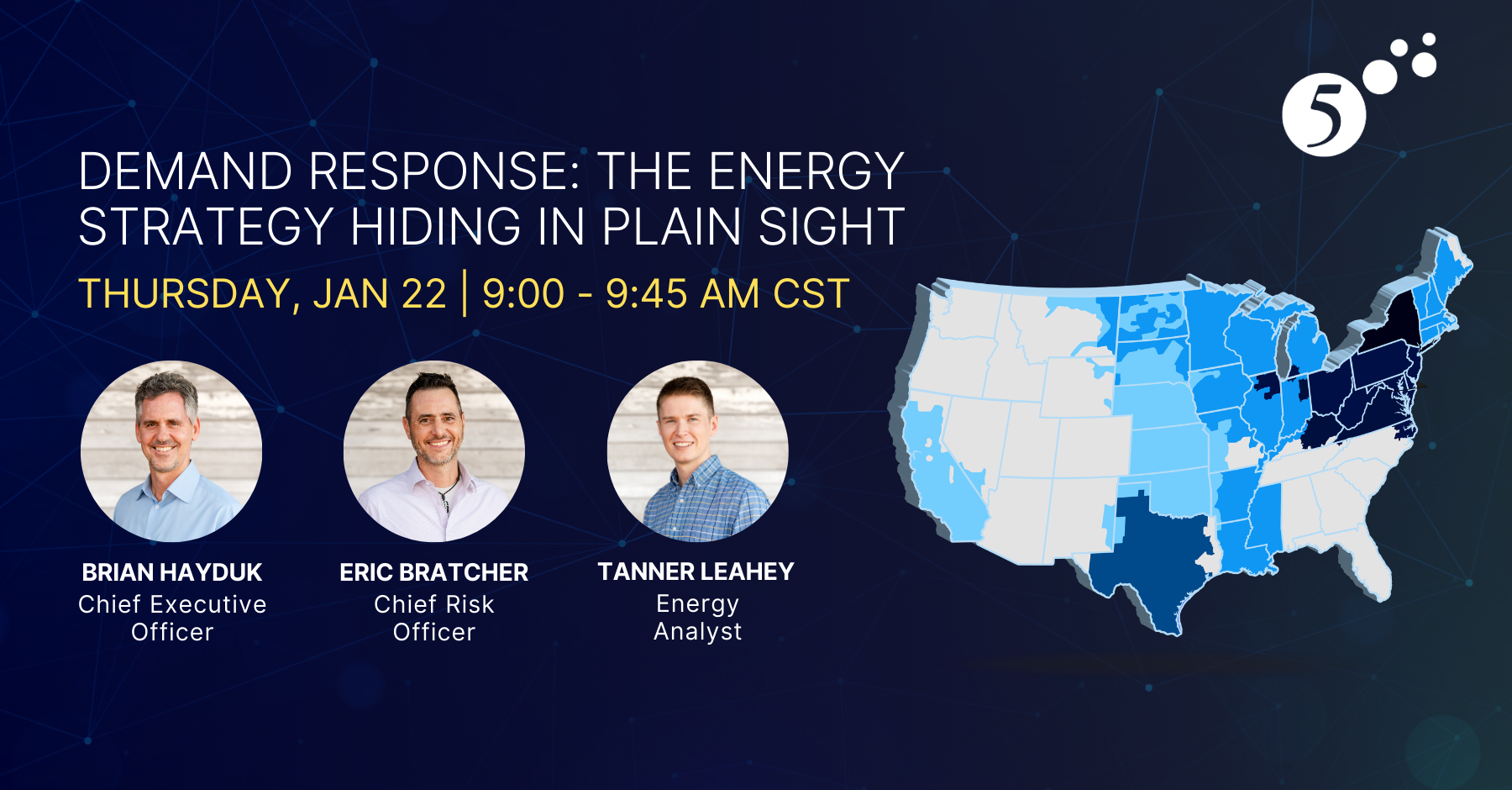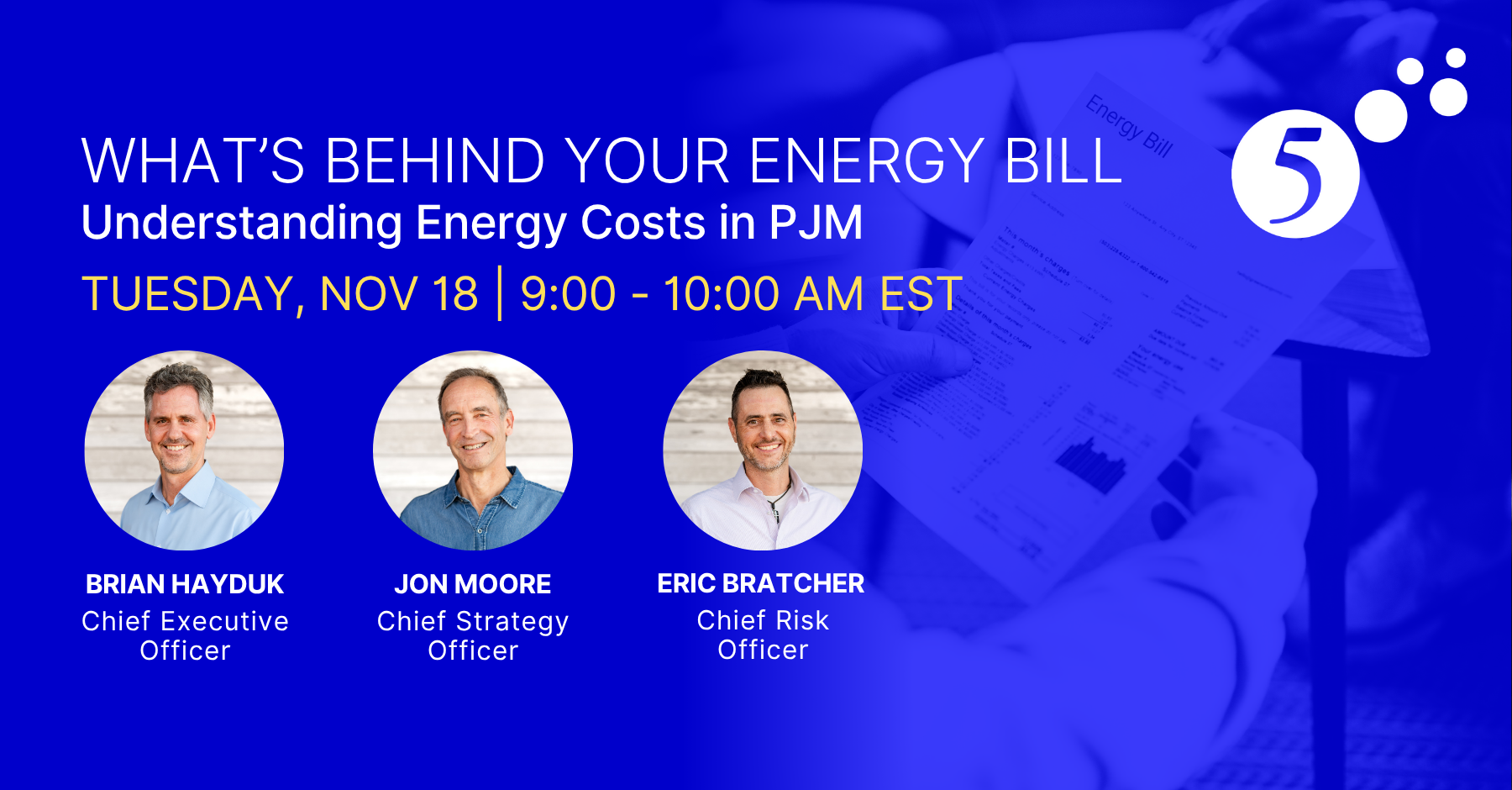
The New York Independent System Operator (NYISO) wants to reduce carbon emissions from power production by charging a fee for it at the wholesale production level. The result would increase market prices, benefitting renewable and no/low carbon sources that would not have to pay the fee, but doing so could create many wrinkles in the fabric of the electricity market structure. However, discussions at various stakeholder meetings since 2017 are working to iron them out in time to initiate the fee in mid-2021.
For years, climate activists and their supporters have pushed for a price on carbon emissions from the combustion of fossil fuels. In the early years of the Obama administration, a cap-and-trade process for carbon reduction passed in the U.S. House of Representatives but never made it to the floor of the Senate. Since then, political support for any form of a carbon tax at the federal level has essentially evaporated, though a few House members annually propose a cap-and-dividend approach that has yet to garner support. In the meantime, a state-level carbon tax, long stymied by the republican-dominated New York State Senate has been given new life after the most recent election flipped the upper legislative house to democrat control.
The Force Awakens the ISO
The NYISO is a federally chartered grid operator with representation that includes utilities, competitive power suppliers, utilities, and various environmental and customer-focused groups. Because the NYISO is an independent entity answerable only to its board, membership, and the Federal Energy Regulatory Commission (FERC), it has been less susceptible to the partisan logjam that has prevented other actions from being taken.
The primary purpose of pricing carbon in the wholesale markets is to increase the market revenues available to non-emitting resources in a manner that reduces (or ideally entirely eliminates) the need for out-of-market subsidies. These subsidies have encouraged the development of thousands of megawatts (MWs) of non-emitting solar and wind resources, resources which in turn make offers into the market at very low offers, decreasing market prices. These lower market prices are impacting the viability of the carbon-emitting resources that are needed for system reliability. Absent some move from subsidies to market approaches, it is likely that it will become necessary for carbon-emitting resources to obtain out of market subsidies as well.
Based on an analysis commissioned by the NYISO, the Brattle Group (an economic consulting firm) found that carbon emissions from power production could be significantly reduced in a more market-friendly approach. Overall customer costs will increase as market prices rise, however, this will be counteracted in part by refunding carbon revenues paid by emitting generators to customers. Whether such pricing will yield the carbon reductions targeted by the state, however, is a matter of debate.
Other studies have shown that the proposal could actually result in increased carbon emissions as New York generators end up exporting power out of the state. They have also shown that the new scheme may not reduce future subsidies as new renewable resources are not attracted to the system. Some people think carbon pricing’s supporters are living in Cloud City.
A Gamble Worthy of Lando Calrissian
While generally accepted as a novel and workable concept, integrating a wholesale carbon fee with various existing programs and laws is proving to be a challenge. Might charging power imported into the state based on its carbon content violate the interstate commerce clause of the U.S. Constitution? How will this interact with the Renewable Portfolio Standard (RPS) under which utilities secure some of their power from renewable sources or the Zero Emission Credits (ZECs) from upstate nuclear plants? What about the capacity market? ISO committees are working on the answers, but it may take Obi-Wan Kenobi to negotiate a final result
Other grid operators and agencies are taking notice of this option: The New England ISO has begun its own internal discussions of a wholesale carbon fee. Perhaps New Yorkers will lead them forward to create “A New Hope” for mitigating climate change.


